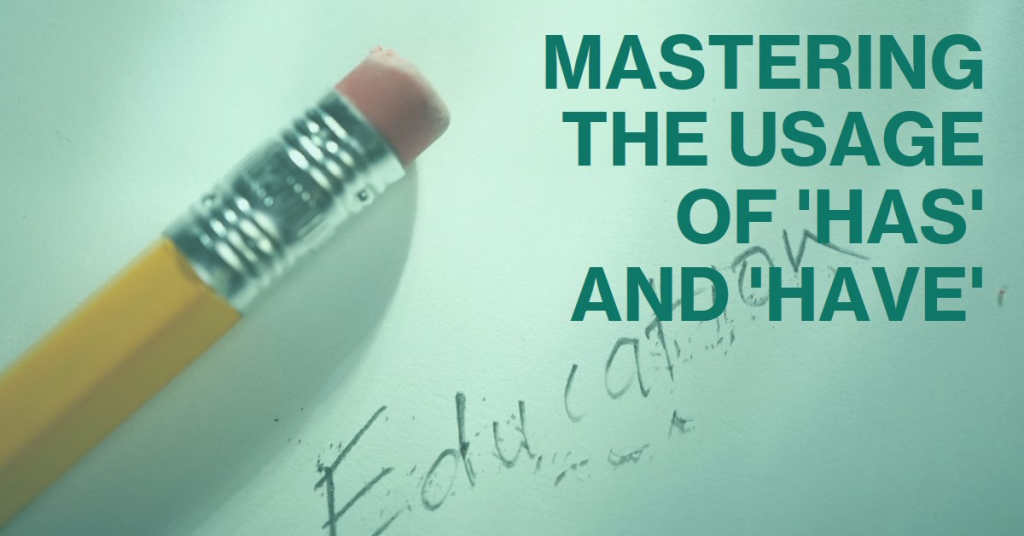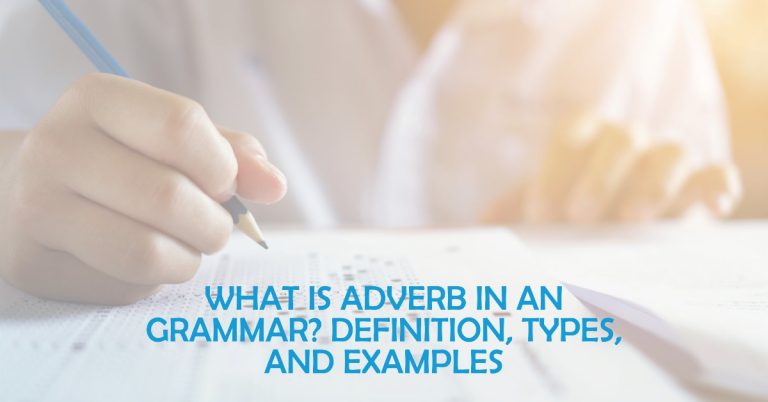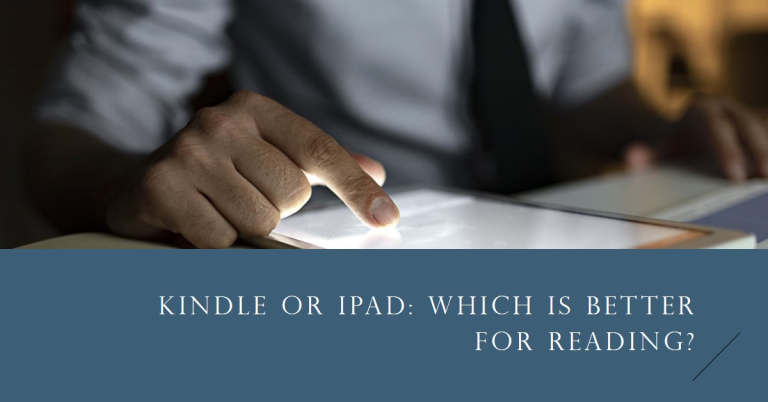The English language is a mystery It is difficult to determine which rules to adhere to and not follow as well as what exceptions to follow in addition to the new rules that are being developed. When we think about the subject-verb agreement along with the various pronouns, which do we need to use? Does anyone has or have?
The most common usage is anyone ” when it precedes any in conditional sentences. If there’s a different verb that precedes anyone, the phrase would read ‘anyone has. Anyone is a singular pronoun that can be used indefinitely.
In this article, we will examine the meaning of anyone has or have and their use in informal and formal sentences as well as other results it could result in, along with an overview of the subject-verb agreement as well as non-definite pronouns.
“Anyone Has or Have” – Meaning
Everyone is defined as anyone or any individual whatsoever. The present tense form of the word “have” meaning to hold or keep within a position or in a state of entitlement. It could also refer to receiving something, obtaining something, have something or even to allow the possession of something.
Based on this, we could determine that the phrase “anyone has”” can refer to anyone who is given something, or anyone who owns anything. Everyone is a singular term which requires singular verbs to be sure that the verb and subject are in agreement. We will look at some examples to gain greater understanding.
- Have you seen the place I put my laptop?
- The girl hasn’t had a meal since the night before.
Which Is Correct? Anyone Has Or Have?
Anyone is the singular and noun, which is clear to understand whenever we are using singular verbs for our verb subject agreement. As we’ve seen in the past, the use of the words “have” or “have” with any person will depend on the context the context is in. We’ll look at some examples.
- Have you seen my glasses?
- If anybody has seen my glasses, would they contact me?
- If you have seen anyone else wearing my glasses, would you let me know?
- I’m sure that no one has ever seen your glasses.
If we substitute anyone by nouns, the sentences look as follows.
- Has Jerry seen my keys?
- Have he noticed my glasses?
- Have you seen my glasses?
- If anyone has had a chance to see my glasses could they inform me?
- I’m not sure if they’ve had a look at your glasses.
In this example, we can see that when replacing “anyone,” the indefinite pronoun with a particular noun or pronoun the verb that is derived from the pronoun, or noun, is changed. The verb, however, remains singular, even when “anyone” is used.
Is It Anybody Has or Have?
It is common to use the words and have in conjunction with one another just when we’re evaluating the validity of something or somebody, but occasionally, the order may be changed around and then it’s similar to has or have. Check out some of the examples.
- There was no other choice.
- I’m not sure if he has an alternative.
- Are there any new books coming out this week?
- Did you see any news articles released this week?
We have observed that both words have any and have any are true however the meaning of “have” can be changed depending on the context and use. Most often, these words are employed in an order of “have/has any,” but there are instances where it’s used as “has/have any.” There is a qualifier or phrase that follows “any” in these sentences. Example:
- Is there anyone among you who has a pencil?
- Could you inform me if person has provided their name for the competition?
- If you’ve had an additional charger, you can offer the charger to her.
- If you have received an additional charger could I borrow it?
- I’m not sure if I’ve had the pleasure of reading any of these novels.
- I think he’s watched all of them.
- Are they serving anyone with starters?
- Did any of the meals been served at the dinner table?
Does Anybody Have Or Has?
This phrase is similar in the sense of “does anyone has or have” and both follow similar rules and function similar. In these cases, everyone is a synonym for anyone. However, in order to make it easy to understand, let’s look at some instances.
- Does anyone have my glasses?
- There hasn’t been any contact with anyone.
- If anyone deserves to be promoted is him.
Has vs. Have: How to remember the differences
The words ‘Has’ as well as ‘Have” are distinct forms of the verb “To possess’. This refers to holding, owning or hold, or preserve some thing. Both terms are employed often in everyday discussions and in writing. However, understanding when to use the word “has” and when you should utilize ‘have’ could be very difficult to keep track of. However, here’s a easy tip to help you remember the distinction ensure that the both verb and subject are in agreement in a way.
When writing, you must be aware that “has” is used only with the third person singular subject, while “have” can be used for any other subject. When writing, make sure that your subject and verb are in agreement with one another. Also when you write in the third person, utilize ‘has’. If you are writing in first and second person you should use the word “have”.









